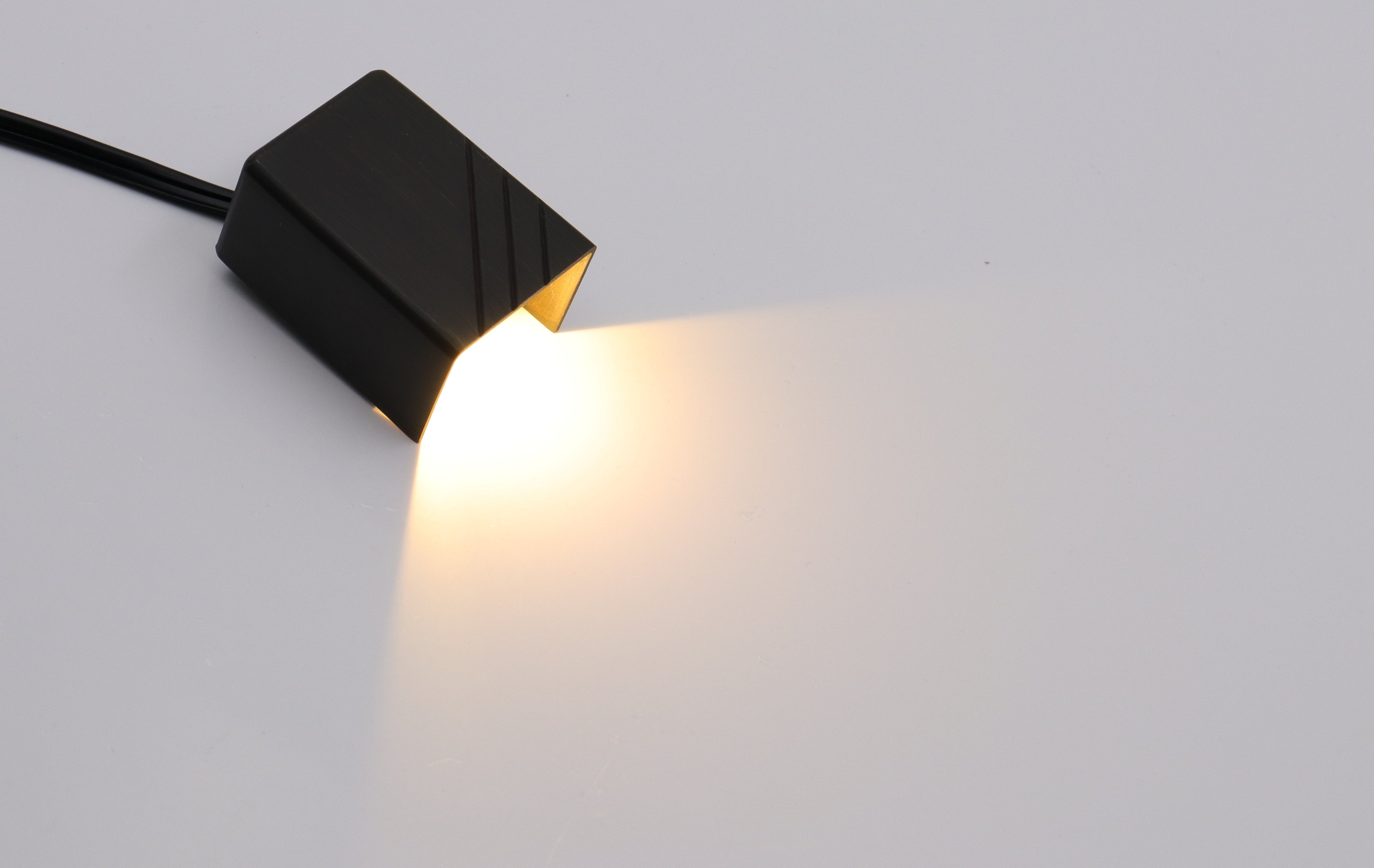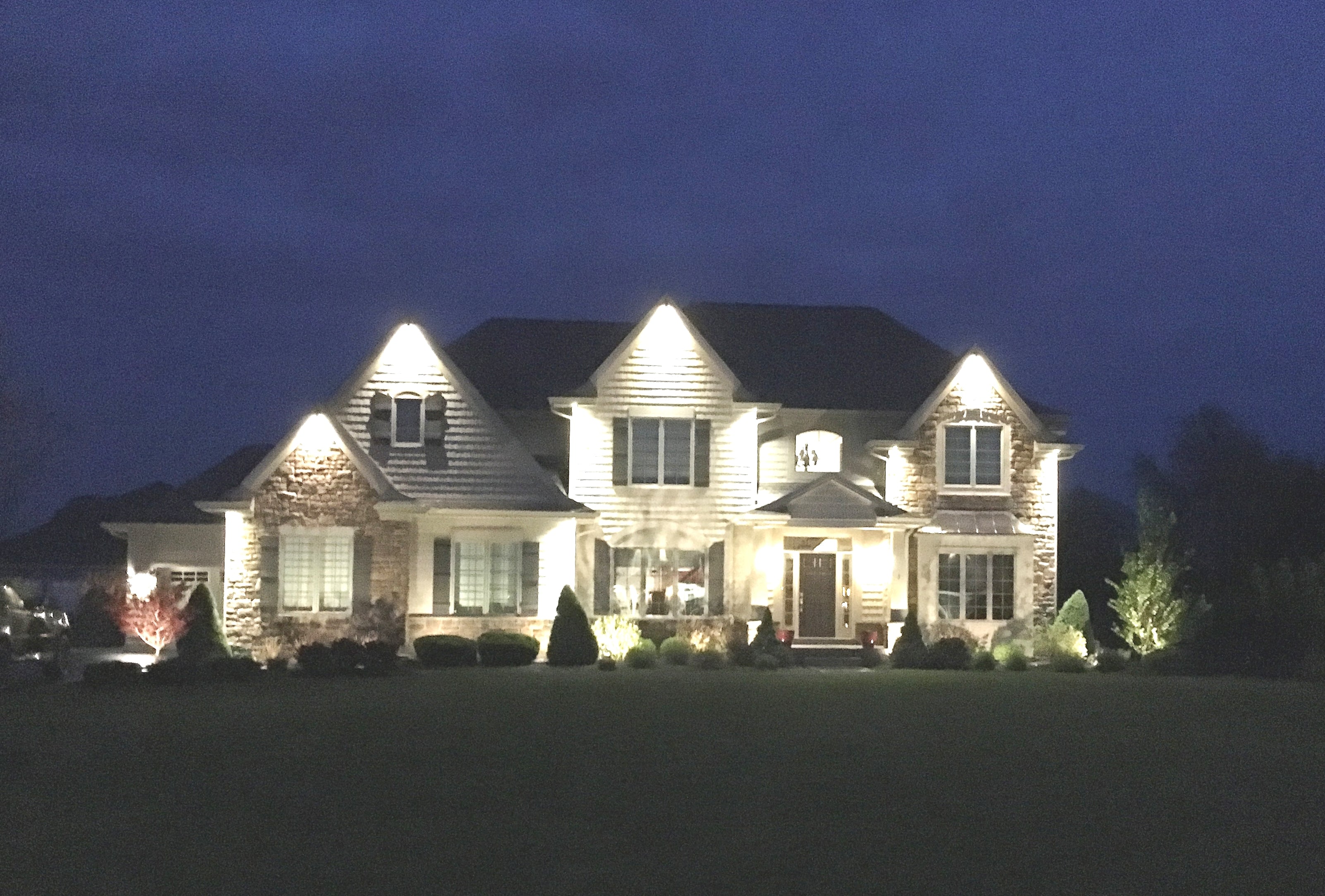Landscape lighting can dramatically transform the aesthetics of your outdoor space. However, flickering lights can ruin the ambiance and even signal underlying issues. In this blog post, we'll delve into the 9 common causes of landscape light flickering and how to address them.
1. Electrical Circuit Overload
One of the primary reasons landscape lights flicker is due to an overloaded electrical circuit. When too many lights or devices are connected to the same circuit, the electrical flow becomes inconsistent, causing the lights to flicker.
Signs of Electrical Overload: If you notice that the flickering intensifies when you plug in additional devices or turn on more lights, you're likely dealing with an overloaded circuit. This is a serious issue that could lead to electrical fires if not addressed promptly.
Solutions for Electrical Overload: The best way to resolve this issue is to redistribute the electrical load. You may need to consult an electrician to either upgrade your circuit or install a new one dedicated to your landscape lighting.
2. Voltage Fluctuations
Voltage fluctuations in your electrical system can also cause landscape lights to flicker. These fluctuations are often the result of large appliances turning on and off.
Identifying Voltage Fluctuations: You can identify voltage fluctuations by observing whether the flickering coincides with the operation of large appliances like air conditioners or washing machines. If the flickering occurs when these appliances are in use, voltage fluctuations are likely the culprit.
Addressing Voltage Fluctuations: Installing a voltage regulator can help stabilize the electrical supply to your landscape lights. Alternatively, you can connect the lights to a different circuit that isn't affected by large appliances.
3. Loose or Damaged Wiring
Loose or damaged wiring is another common cause of flickering landscape lights. Over time, the wiring can deteriorate due to weather conditions or physical damage.
Spotting Wiring Issues: If you've ruled out electrical overload and voltage fluctuations, inspect the wiring for any visible damage or loose connections. This is often a straightforward task but should be done carefully to avoid electrical shock.
Fixing Wiring Problems: Once you've identified the problematic wiring, you'll need to either tighten the connections or replace the damaged wires. It's advisable to hire a professional for this task, especially if you're not comfortable working with electrical systems.
4. Poor Quality Bulbs and Fixtures
Sometimes, the issue lies not in the electrical system but in the bulbs and fixtures themselves. Low-quality bulbs are more prone to flickering due to manufacturing defects or shorter lifespans.
Recognizing Poor Quality: If you've recently installed new bulbs and the flickering started afterward, the quality of these bulbs could be the issue. Look for reputable brands and read customer reviews before making a purchase.
Upgrading to High-Quality Bulbs: Investing in high-quality LED bulbs can solve the flickering issue and offer better energy efficiency. Make sure to choose bulbs that are specifically designed for outdoor use.
5. Environmental Factors
Environmental conditions like wind, rain, and temperature changes can also affect the performance of your landscape lights.
How Weather Affects Your Landscape Lights? Strong winds can loosen fixtures, while rain can seep into the wiring, both leading to flickering. Additionally, extreme temperatures can affect the electrical conductivity, causing inconsistencies in lighting.
Weatherproofing Your Landscape Lights: To counteract environmental factors, opt for weather-resistant fixtures and bulbs. Make sure all wiring is adequately insulated and secured to withstand the elements. When selecting outdoor lighting, it's crucial to choose the right IP rating for your specific needs.
6. Inadequate Transformer Capacity
Another overlooked reason for flickering landscape lights is an inadequate transformer capacity. Transformers are designed to handle a specific electrical load, and exceeding this can result in flickering.
Identifying Transformer Issues: If you've recently added more lights or devices to your landscape setup and the flickering started afterward, your transformer might be struggling to handle the increased load. Check the transformer's specifications to see if it's adequate for your current setup.
Solutions for Transformer Issues: Upgrading to a transformer with a higher capacity can resolve the flickering issue. Alternatively, you can divide the load between multiple transformers to ensure a stable electrical supply.

7. Corroded Connections
Corrosion can also lead to flickering lights. Over time, outdoor elements can corrode the metal parts of your landscape lighting system, affecting the electrical conductivity.
Spotting Corroded Connections: Corrosion often appears as a white or greenish substance on metal parts. If you notice this on any of your landscape lighting connections, it's a sign that corrosion is affecting your system.
Addressing Corroded Connections: Cleaning the corroded parts with a wire brush and applying a corrosion-resistant spray can help. For severe cases, replacing the corroded parts is the most effective solution.
8. Inconsistent Power Supply
In some cases, the issue might be with the power supply from your utility company. Fluctuations in the grid can cause your lights to flicker.
Recognizing Inconsistent Power Supply: If you notice that other electrical devices in your home are also experiencing issues, or if your neighbors are facing similar problems, the issue might be with the utility company's power supply.
What to Do About Inconsistent Power Supply: Contacting your utility company to report the issue is the first step. They can provide information on when the issue will be resolved. In the meantime, using uninterruptible power supplies (UPS) can help stabilize the voltage for your landscape lights.
9. Software or Timer Glitches
Modern landscape lighting systems often come with software controls or timers. Sometimes, glitches in these systems can cause your lights to flicker.
Identifying Software or Timer Issues: If your lights are flickering at specific times or in specific patterns, a software glitch could be the cause. Check to see if your lighting system has any pending software updates or if the timer settings are incorrect.
Resolving Software or Timer Issues: Updating the software or resetting the timer settings can often resolve these issues. If the problem persists, you may need to consult the manufacturer or a professional for troubleshooting.
Conclusion
Landscape light flickering can stem from various issues. This blog covered the nine most common causes ranging from overloaded circuits to loose connections to poor quality bulbs. Inspect your lighting system carefully for signs of any problems discussed. Through proper diagnosis, identify the root cause and make repairs as needed. Eliminating flickering ensures the intended atmosphere and prevents potential electrical faults. With thorough troubleshooting and necessary fixes, enjoy optimal lighting performance for years to come without annoying flickers.






Leave a comment
All comments are moderated before being published.
This site is protected by hCaptcha and the hCaptcha Privacy Policy and Terms of Service apply.